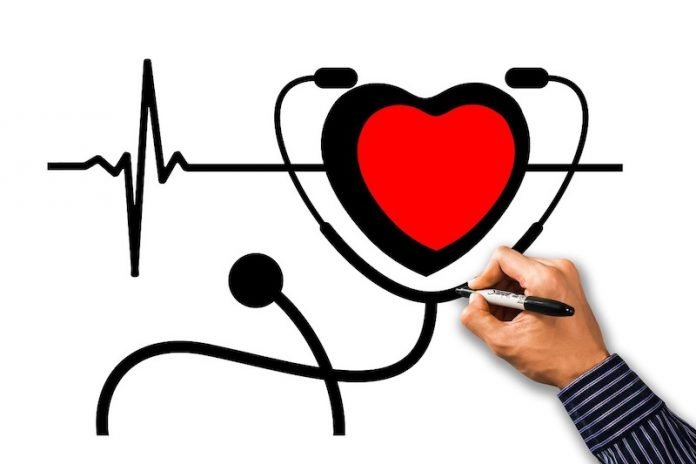
In a new study, researchers found in most cancer survivors, there are increased risks of blood clots forming in the veins.
The risks range from about a two- to ten-fold increase in risk for different cancers.
The research was led by the London School of Hygiene & Tropical Medicine.
The team analyzed the medical records of more than 630,000 people in the UK, including over 100,000 survivors of 20 most common adult cancers.
They found large increases in the risk of venous thromboembolism (blood clots in the veins) among survivors of 18 of the 20 cancers studied compared to cancer-free controls.
Survivors of breast cancer had double the risk of venous blood clots one year after diagnosis compared with similar women with no prior cancer, though the overall level of risk remained low, especially for younger survivors.
They also found heart disease risks decreased over time but were still elevated for more than five years after the cancer diagnosis.
Survivors of half of the 20 cancers studied also faced increased risks of heart muscle damage, known as cardiomyopathy, and heart failure.
For example, survivors of blood, oesophagus, lung, kidney and ovarian cancers were more than one and a half times more likely to experience cardiomyopathy or heart failure than people with no prior cancer.
An increased risk of coronary artery disease and stroke was found in some cancer survivors, including those with prior blood cancers.
The researchers say that for many people the overall risks will still be low, particularly for younger cancer survivors.
The findings highlight the need for new strategies to prevent and manage heart and circulation problems in cancer survivors, including a need to raise awareness among GPs of the raised risks.
While the researchers could not definitively identify the causes of the increased risks, the team’s analysis suggests that exposure to cancer treatments such as chemotherapy is likely to play a key role.
Previous studies have shown the short- to medium-term increased risk of cardiovascular disease from some specific cancer treatments.
The lead author of the study is Helen Strongman from the London School of Hygiene & Tropical Medicine.
The study is published in The Lancet.
Copyright © 2019 Knowridge Science Report. All rights reserved.



